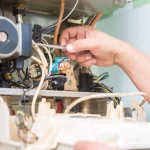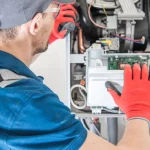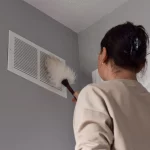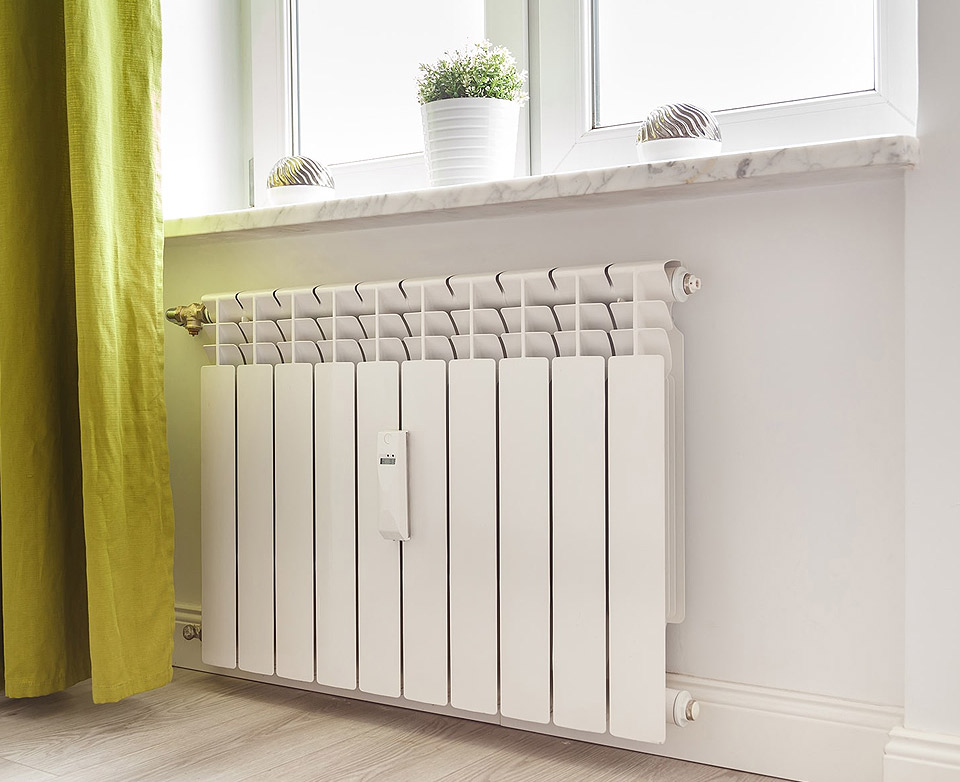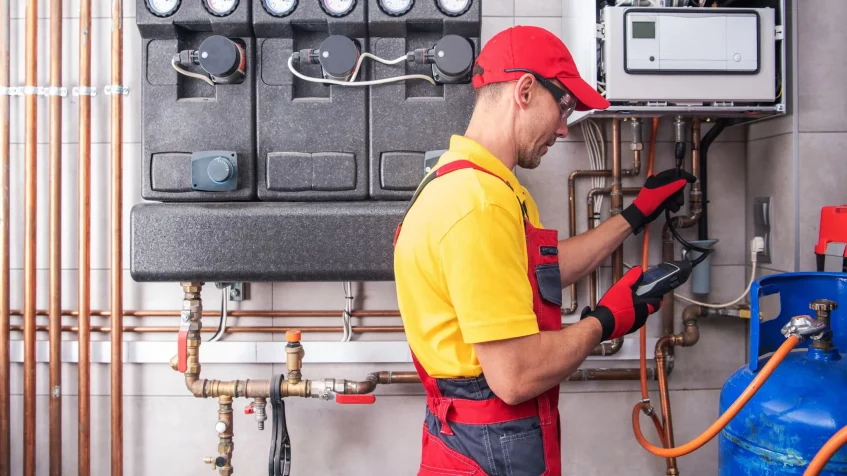
Prolong Your HVAC System’s Life with These Expert Tips
Your HVAC (Heating, Ventilation, and Air Conditioning) system plays a crucial role in keeping your home comfortable year-round. It’s an investment that you want to last as long as possible, not only for your comfort but also to save on repair and replacement costs. In this blog post, we’ll share valuable insights and practical tips from experts to help you extend the life of your HVAC system. From routine maintenance to efficient operation, we’ve got you covered.
1. Regular Maintenance is Key
Like any other mechanical system, your HVAC needs regular maintenance to operate efficiently and last longer. Schedule annual check-ups with a professional HVAC technician. They’ll inspect, clean, and perform necessary repairs to keep your system in top shape.
2. Change Air Filters
One of the simplest yet most effective maintenance tasks you can do is regularly changing your air filters. Clogged filters restrict airflow, causing your HVAC system to work harder and wear out faster. Set a reminder to change filters every 1-3 months, depending on your usage and the type of filter.
3. Keep Outdoor Units Clean
For central air conditioning systems, the outdoor unit (condenser) can accumulate dirt, leaves, and debris. Keep the area around it clean and free from obstructions to allow for proper airflow. Periodically hose down the unit to remove dirt and dust.
4. Balance Humidity Levels
Maintaining the right humidity level in your home is essential. High humidity can strain your HVAC system, while low humidity can lead to discomfort and potential damage to wood and other materials. Consider using a humidifier or dehumidifier to balance humidity levels, especially in extreme weather conditions.
5. Use a Programmable Thermostat
Investing in a programmable thermostat can help you maintain an efficient temperature schedule. You can set your HVAC system to run less while you’re away or asleep and ensure it’s comfortable when you’re home. This not only saves energy but also reduces wear and tear on the system.
6. Seal Air Leaks
Air leaks in your home can cause your HVAC system to work overtime. Check for gaps and leaks around windows, doors, and ductwork. Seal any openings to prevent conditioned air from escaping and to reduce the workload on your HVAC system.
7. Avoid Overworking Your System
Set your thermostat to a reasonable temperature. Cranking up the heat or running the AC at the lowest temperature can lead to excessive strain on your system. Instead, wear appropriate clothing for the season and use fans to improve air circulation.
8. Ensure Proper Insulation
Good insulation keeps your home comfortable and eases the burden on your HVAC system. Insulate your home properly to maintain stable indoor temperatures. This is especially important in attics and crawl spaces.
9. Clean Ductwork
Dirty and clogged ducts can reduce the efficiency of your HVAC system. Over time, dust, debris, and mold can accumulate, leading to reduced airflow and poor air quality. Have your ducts cleaned and inspected periodically to ensure they’re in good condition.
10. Invest in Zoning Systems
Zoning systems allow you to control the temperature in different areas of your home independently. This can reduce the workload on your HVAC system by heating or cooling only the areas that are in use, thereby extending its life.
11. Schedule Professional Inspections
In addition to regular maintenance, consider scheduling professional HVAC inspections every few years to assess the overall condition of your system. A trained technician can identify issues early and recommend necessary repairs or upgrades to extend your system’s life.
12. Upgrade to an Energy-Efficient System
If your HVAC system is old and inefficient, consider upgrading to a newer, energy-efficient model. While it’s an upfront investment, it can significantly reduce your energy bills and provide long-term savings while extending the life of your system.



